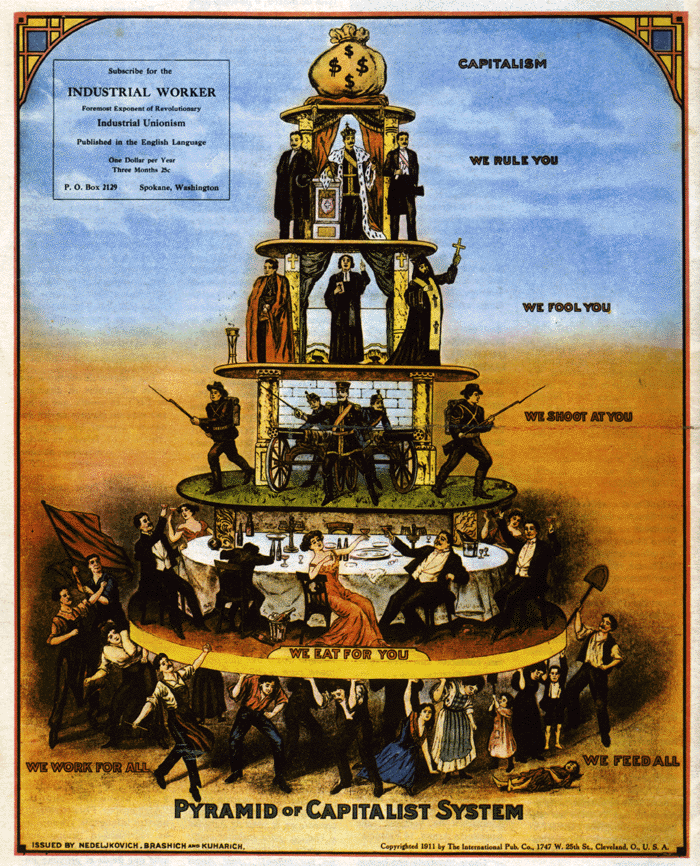From his hometown paper:
Howard Zinn, the Boston University historian and political activist who was an early opponent of US involvement in Vietnam and whose books, such as “A People’s History of the United States,” inspired young and old to rethink the way textbooks present the American experience, died today in Santa Monica, Calif, where he was traveling. He was 87.
His daughter, Myla Kabat-Zinn of Lexington, said he suffered a heart attack.
“He’s made an amazing contribution to American intellectual and moral culture,” Noam Chomsky, the left-wing activist and MIT professor, said tonight. “He’s changed the conscience of America in a highly constructive way. I really can’t think of anyone I can compare him to in this respect.”
Chomsky added that Dr. Zinn’s writings “simply changed perspective and understanding for a whole generation. He opened up approaches to history that were novel and highly significant. Both by his actions, and his writings for 50 years, he played a powerful role in helping and in many ways inspiring the Civil rights movement and the anti-war movement.”
For Dr. Zinn, activism was a natural extension of the revisionist brand of history he taught. “A People’s History of the United States” (1980), his best-known book, had for its heroes not the Founding Fathers — many of them slaveholders and deeply attached to the status quo, as Dr. Zinn was quick to point out — but rather the farmers of Shays’ Rebellion and union organizers of the 1930s.
As he wrote in his autobiography, “You Can’t Be Neutral on a Moving Train” (1994), “From the start, my teaching was infused with my own history. I would try to be fair to other points of view, but I wanted more than ‘objectivity’; I wanted students to leave my classes not just better informed, but more prepared to relinquish the safety of silence, more prepared to speak up, to act against injustice wherever they saw it. This, of course, was a recipe for trouble.”
…
via Balloon Juice

 Every day, 7,000 times a day, Stanford Hospital staff turn to pneumatic tubes, cutting-edge technology in the 19th century, for a transport network that the Internet and all the latest Silicon Valley wizardry can’t match: A tubular system to transport a lab sample across the medical center in the blink of an eye.
Every day, 7,000 times a day, Stanford Hospital staff turn to pneumatic tubes, cutting-edge technology in the 19th century, for a transport network that the Internet and all the latest Silicon Valley wizardry can’t match: A tubular system to transport a lab sample across the medical center in the blink of an eye.